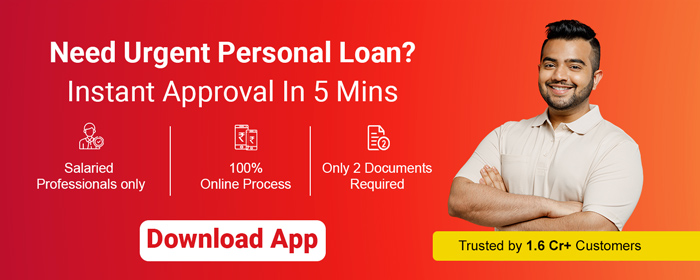Life is filled with unexpected twists and turns, and no one is immune to the possibility of disability due to illness or injury. When your ability to work is compromised, your financial stability becomes a major concern. Disability income insurance, also known as disability insurance, provides a safety net by replacing a portion of your lost income during such challenging times. In this blog, we will explore the numerous benefits of disability income insurance, emphasizing both short-term and long-term coverage. We will also highlight the convenience of getting free quotes in minutes from Instant Disability.
The Benefits of Disability Income Insurance
Income Protection:
One of the most significant benefits of disability income insurance is income protection. In the event of a disability, this coverage ensures that you continue to receive a portion of your income, which helps you meet your financial obligations and maintain your standard of living.
Financial Security:
Disability insurance provides a financial safety net, preventing you from depleting your savings, retirement funds, or emergency funds to cover living expenses during a disability. It offers peace of mind by protecting your financial security.
Customizable Policies:
Disability income insurance policies are customizable. You can tailor your coverage to meet your specific needs, including the elimination period (waiting period), benefit amount, and benefit period. This flexibility allows you to create a policy that aligns with your financial situation.
Short-Term Disability Benefits:
Short-term disability insurance provides coverage for a limited period, usually ranging from a few months to a year. It is especially beneficial when you need to cover immediate expenses during a temporary disability, such as medical bills and living costs.
Long-Term Disability Benefits:
Long-term disability insurance is designed to offer coverage for extended periods, typically until retirement age if needed. It ensures that you can continue to receive an income when a disability affects your ability to work for an extended duration.
Variety of Disabilities Covered:
Disability insurance policies cover a wide range of disabilities, including those caused by illnesses, injuries, accidents, or chronic conditions. This comprehensive coverage ensures you’re protected in various scenarios.
Affordable Premiums:
Disability insurance is generally affordable, with premiums typically ranging from 1% to 3% of your annual income. The cost is reasonable, considering the invaluable financial protection it offers.
Tax Benefits:
Depending on the policy, the benefits received from disability income insurance may be tax-free, providing you with additional financial advantages.
Instant Disability: Get Free Quotes in Minutes
To reap the benefits of disability income insurance, you need to find the right policy that suits your needs and budget. Instant Disability is a convenient online resource that allows you to get free quotes in minutes. Here’s how it works:
Visit Instant Disability:
Go to the Instant Disability website, where you’ll find a user-friendly interface designed to simplify the process of obtaining quotes.
Provide Necessary Information:
You’ll be asked to provide essential information, such as your age, occupation, desired benefit amount, and contact details.
Get Quotes:
Once you’ve submitted your information, Instant Disability will provide you with instant quotes from reputable insurance providers. This saves you time and effort in searching for the right coverage.
Compare and Choose:
You can compare the quotes, examine the policy details, and select the one that best aligns with your requirements and budget.
Apply for Coverage:
After choosing a policy, you can proceed to apply for coverage through the insurance provider. Instant Disability streamlines the initial step of obtaining quotes, making the process more efficient.
Final Words
The benefits of disability income insurance are significant and can make a profound difference in your financial well-being during periods of disability. Whether you’re seeking short-term or long-term coverage, disability insurance offers income protection, financial security, and customizable policies to fit your specific needs. For a quick and hassle-free way to explore your disability insurance options, consider visiting Instant Disability to obtain free quotes in minutes. By taking this proactive step, you can secure your financial future and find peace of mind in knowing you’re prepared for life’s unexpected challenges.








